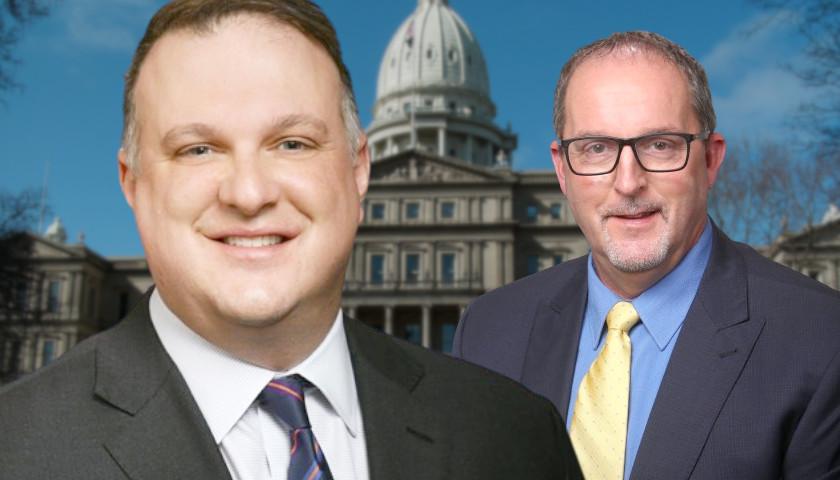by Bruce Walker
Gov. Gretchen Whitmer Monday signed a package of 20 criminal justice reform bills into law.
The bills, championed by the bipartisan Michigan Joint Task Force on Jail and Pretrial Incarceration, are intended to prioritize incarceration alternatives and grant law enforcement officers more discretion when issuing appearance tickets rather than making arrests; and restructure penalties for traffic offenses.
The bills eliminate driver’s license suspensions and criminal penalties for some traffic offenses, expand officer discretion to use appearance tickets instead of custodial arrests, use probation, fines, and community service as sentences for low-level crimes, and limit jail time for those who violate the rules of supervision.
“As a former prosecutor, I recognize how critical it is to take steps toward a smarter and more equitable justice system that not only saves taxpayer money, but keeps people in their communities,” Whitmer said in a press statement.
“Over the last two years, we’ve worked with leaders on both sides of the aisle to make Michigan a national leader on criminal justice reform. I want to thank Lieutenant Governor Garlin Gilchrist and Chief Justice Bridget Mary McCormack, along with the bipartisan members of the task force, for their leadership in this effort. Today proves that it is possible to make tremendous progress to improve our state when we work together to get things done.”
The bill package passed both houses of the legislature with overwhelming support.
“Our courts and justice system belong to the people, and these reforms reflect a consensus-based process that brought together all who share our commitment to fairness, accountability, transparency, and efficiency,” Justice McCormack said. “We have more work to do to continue making Michigan even safer, but we are now a national leader in implementing criminal justice reform that is data-driven, informed by research, responsive to community input, and committed to building public trust.”
The Task Force first convened in July 2019 to identify policies to reduce jail populations and expand incarceration alternatives. Research included ten years of statewide arrest and court data and three years of data from a sampling of the state’s county jails.
The Task Force concluded many current law-enforcement practices did little to ensure public safety while, at the same time, putting an immense strain on law enforcement and court resources while tripling incarceration rates over the past 40 years. The bills signed Monday by Whitmer focus on incarceration only for individuals who pose a threat to public safety.
“Working together on this important topic is a perfect example of putting people before politics,” former Speaker of the House Lee Chatfield said. “We all want a stronger, safer, and more free country. That requires smart reforms like these to hold people accountable without setting them up to fail.”
“This is not reactionary policy – it’s thoughtful and purposeful,” Senate Majority Leader Mike Shirkey, who joined with other leaders in creating the Task Force in 2019, said. “These bills are rooted in data, informed by research, and built on the consensus and compromise of a diverse group of stakeholders.”
– – –
Bruce Walker is a regional editor at The Center Square. He previously worked as editor at the Mackinac Center for Public Policy’s MichiganScience magazine and The Heartland Institute’s InfoTech & Telecom News.
Photo “Gov. Gretchen Whitmer” by Gov. Gretchen Whitmer.








